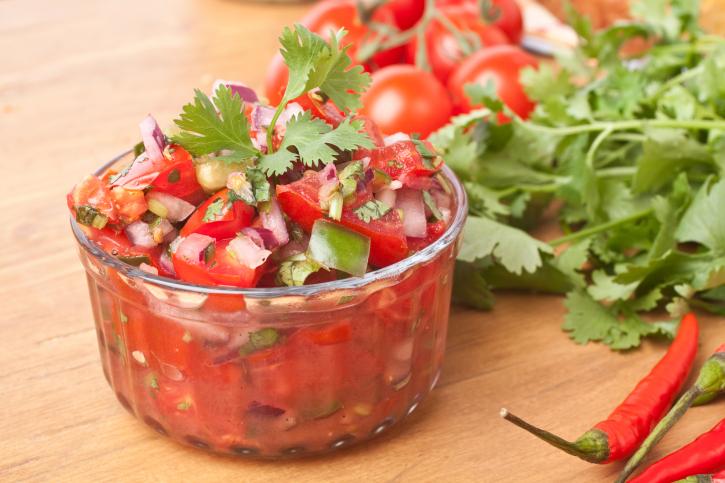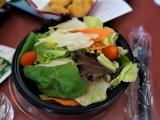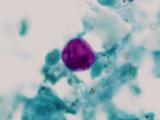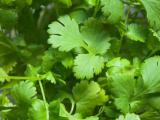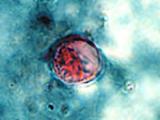Further investigation of the recent multistate Cyclospora outbreak suggests that at least some of the many cases in Texas were related to fresh cilantro from Mexico, the US Centers for Disease Control and Preventon (CDC) reported in an update today.
The CDC said that was the conclusion of an investigation of cases associated with three Mexican style restaurants and one grocery store in Texas. The cilantro came from Puebla, Mexico, the agency said.
Texas has had by far the most cases in the outbreak or outbreaks—278. The two states with the next most cases, Iowa and Nebraska, previously reported that their cases were linked to salad mix from Taylor Farms de Mexico in Guanajuato, Mexico. The CDC said it found no evidence of a link between the Texas cases and Taylor Farms.
The nationwide total for the outbreak is 643 cases in 25 states, the CDC reported, the same numbers reported in the previous CDC update on Sep 24. Among 581 patients with available information, 45 (8%) reported being hospitalized, but there have been no deaths.
The Texas investigations were conducted by state and local public health officials along with the CDC and the US Food and Drug Administration. About 50% of patients who were questioned reported having eaten fresh cilantro 2 to 14 days before they fell ill.
Thirty case-patients reported eating at one Mexican-style restaurant in Fort Bend County on the southwest side of Houston in the 2 weeks before their symptoms began, the CDC said. Of the 30, 22 had confirmed cases and 8 had probable cases.
Investigators compared foods eaten by 25 of the sick people with foods eaten by 65 other restaurant patrons who stayed well. They found that four fresh produce items were significantly associated with illness: cilantro, whole onions, garlic, and tomatoes. But since these were served together in many dishes, such as salsa, the analysis couldn't determine which was independently linked to illness.
However, fresh cilantro was the only item that had been eaten by all 25 people, the investigators found. In addition, salsa containing raw cilantro was linked to illness, but salsa containing cooked cilantro was not.
"Preliminary trace-back information indicates that Puebla, Mexico, was a source of the fresh cilantro that was served to ill persons in this restaurant," the CDC report says.
Investigations were conducted at two other Mexican restaurants, in central Texas, which were independent and unrelated to the Fort Bend County one. Five cases (2 confirmed and 3 probable) were linked to one restaurant and just 2 cases to the other.
Because of the small numbers of cases, no formal epidemiologic study was done, but preliminary trace-back information indicated that Puebla, Mexico, was a source of the cilantro served to the affected patrons at both restaurants.
A third investigation focused on four sick people who had shopped at a grocery store in northern Texas. All four said they had eaten fresh cilantro bought at the store before they got sick. Shopper card records available for three of them verified that they had bought cilantro in the 7 to 10 days before their symptoms started, which matches the incubation period for the illness.
Once again, preliminary trace-back findings indicated that Puebla, Mexico, was a source of fresh cilantro available at the grocery store during the period when the affected persons bought it, the CDC said.
"The findings in the investigations suggest that there was more than one outbreak of cyclosporiasis during June–August 2013 in the United States," the CDC statement concludes. "Restaurant-associated illnesses in Iowa and Nebraska were linked to salad mix from Taylor Farms de Mexico in Guanajuato, Mexico. Some illnesses in Texas were linked to fresh cilantro from Puebla, Mexico."
See also:
Oct 23 CDC update
Aug 27 CIDRAP News story "CDC: Texas Cyclospora cases not linked to Mexican firm"
